How to Make Your HVAC System More Energy Efficient
According to the U.S. Energy Information Administration, 48% of your energy usage translates to heating and cooling your home. Depending on how you use your heating and cooling system, this can go either higher or lower. To achieve a more energy-efficient system, consider the following tips.
1. Consider Configurable Controls and Power Supply
A self-closing system will increase energy efficiency as it is programmable to use only when need be. You can set the system to turn on before you get home, and you can ensure it's off while you're away.
2. Enclose All Conditioned Air
Reducing air leakage is a cost-effective technique for saving on heating and cooling expenses, improving durability, enhancing comfort, and providing a healthier indoor environment. Seal all air by insulating all spaces that will most likely contribute to loss of air and, as a result, loss of energy.
3. Maintain Your HVAC System
Maintaining the system with regular checkups goes a long way in ensuring it is functioning optimally. By maintaining your heating and cooling system, you'll enjoy substantial savings by avoiding hefty repairs. If there is an underlying problem, it can be spotted early.
4. Turn Off Electronics
The majority of electrical equipment generates heat while switched on and when in use. Ensuring this equipment is turned off when not in use will ensure less energy is used to cool down the surroundings. This will also reduce the energy your system uses when plugged in.
5. Learn More About Your HVAC System
User education is essential in your efforts toward making your system more energy efficient. Every HVAC system user needs to know what goes into heating and cooling their environment.
6. Unblock Vents
Clogged vents increase power usage as the system runs longer than normal to compensate. Ensure nothing blocks the vents and clean them on a regular basis to have an efficient heating and cooling system.
7. Track HVAC System Usage
Examine and keep track of how your HVAC system is being utilized. This will help you come up with favorable measures to ensure that energy efficiency is observed.
By taking note of these measures, you can minimize energy usage and ensure the heating and cooling systems are the most effective. Give us a call today for help with your HVAC System.

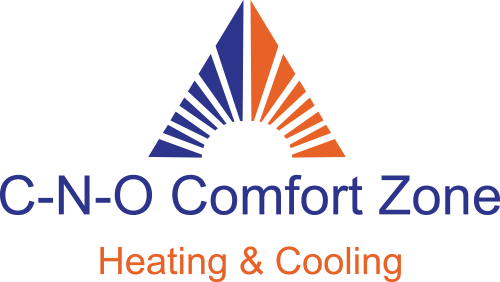
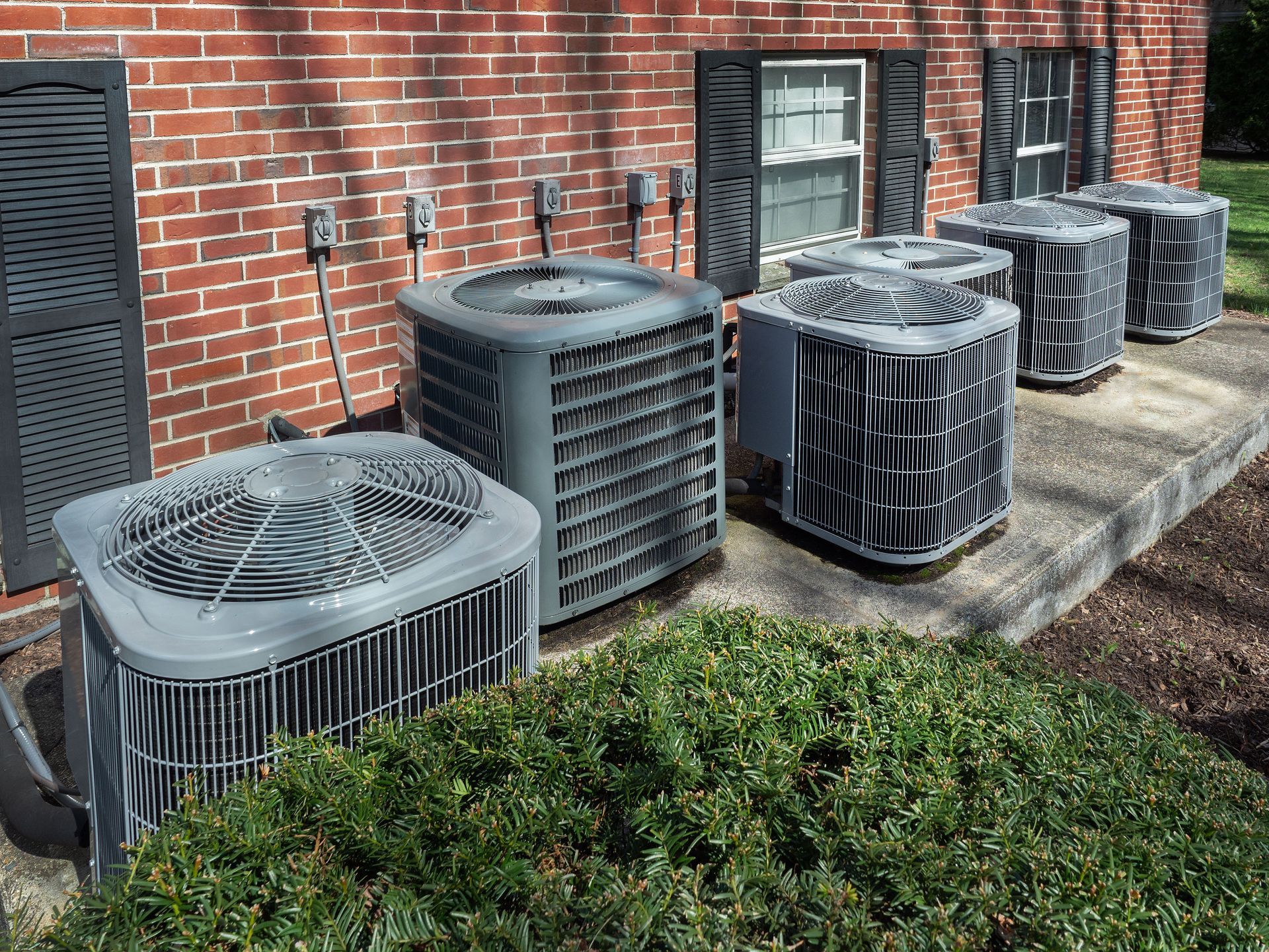
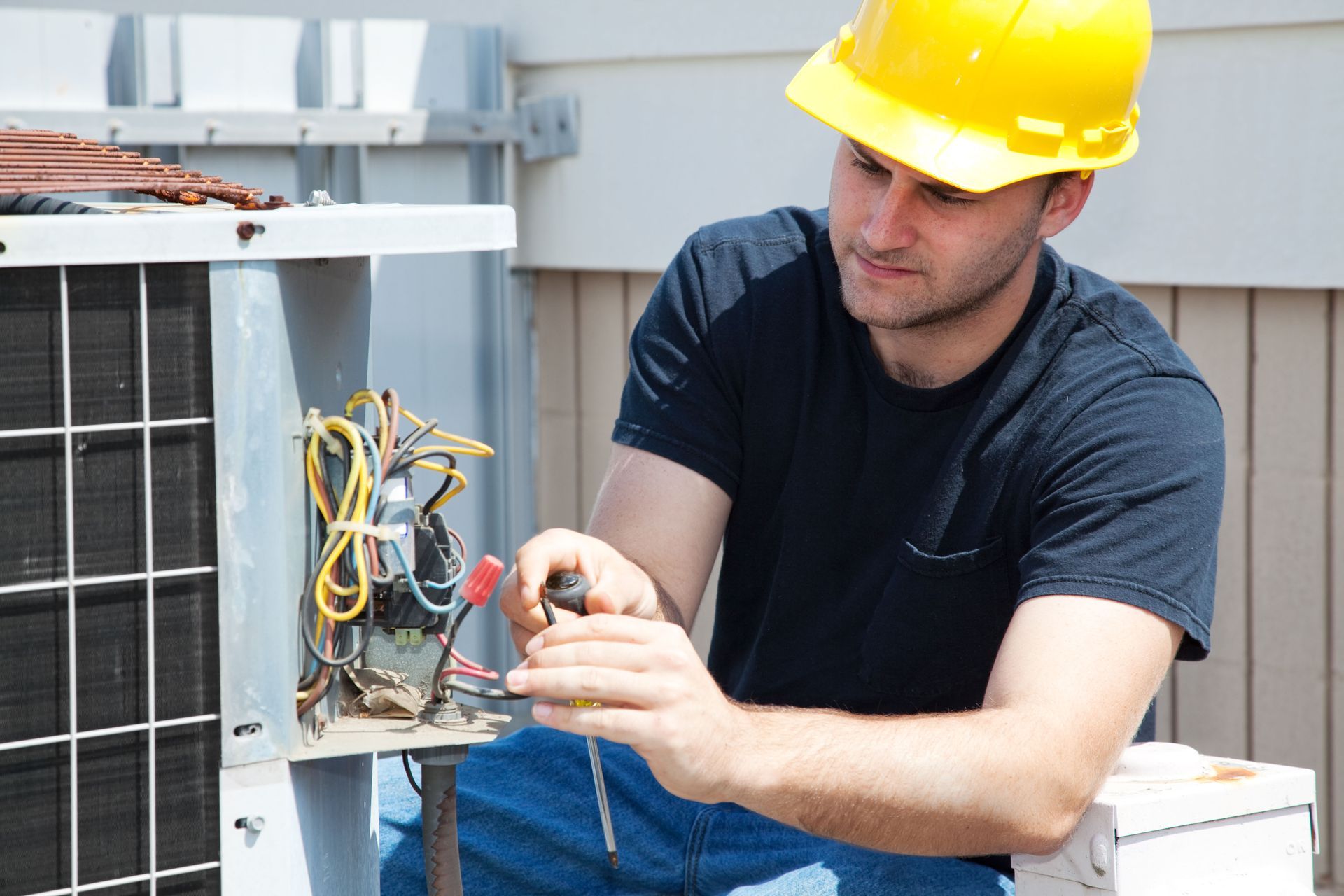
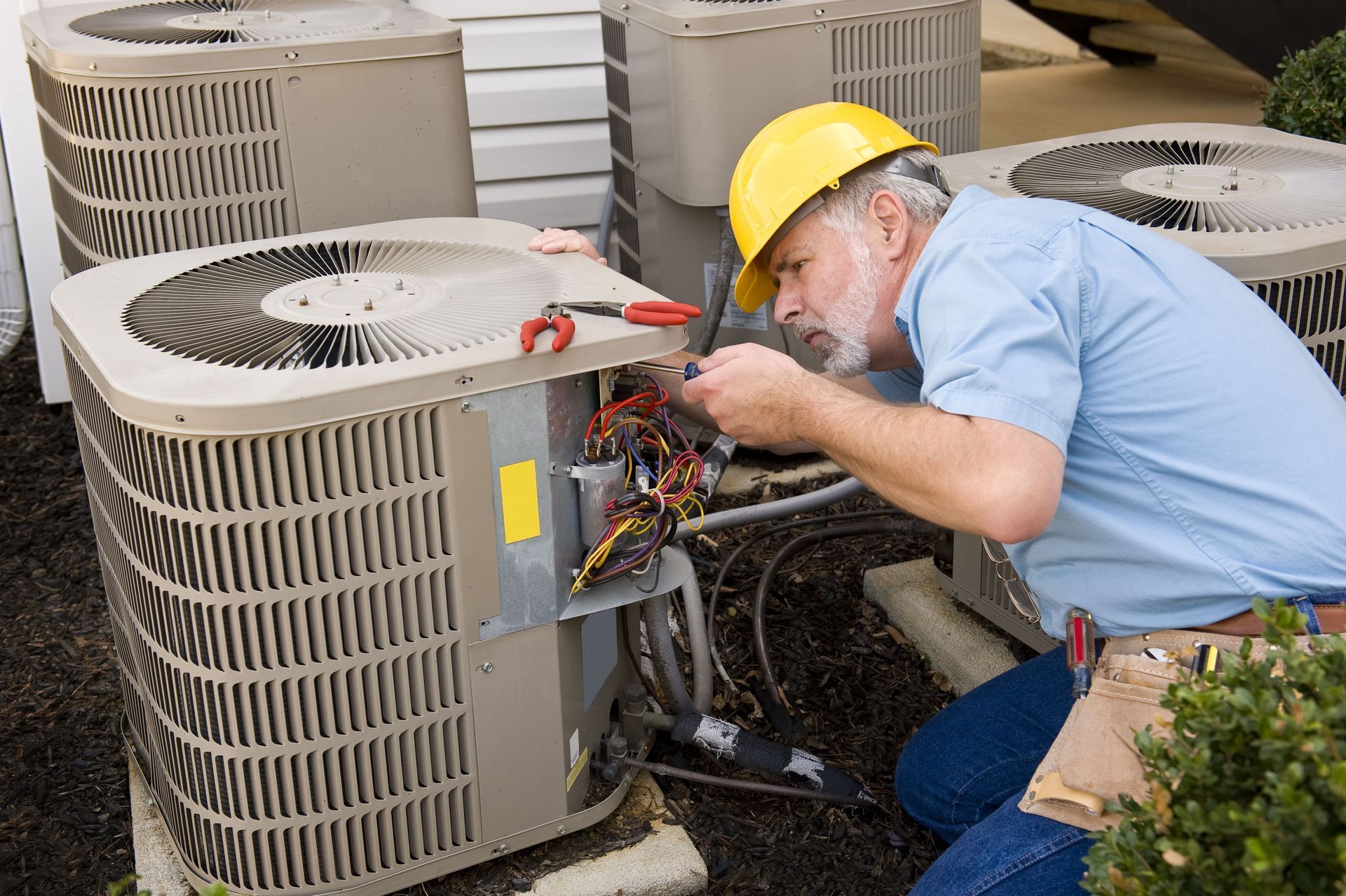
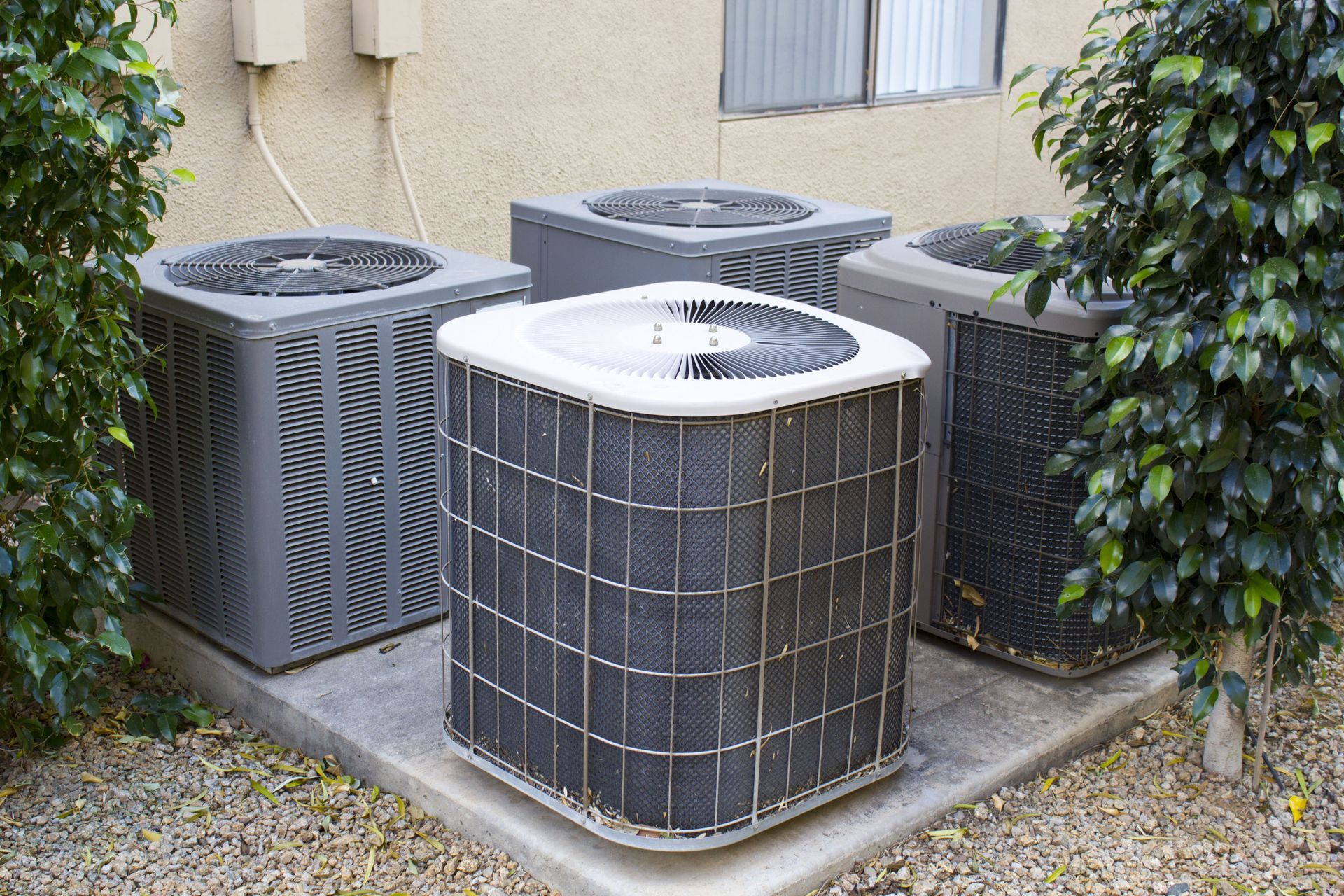
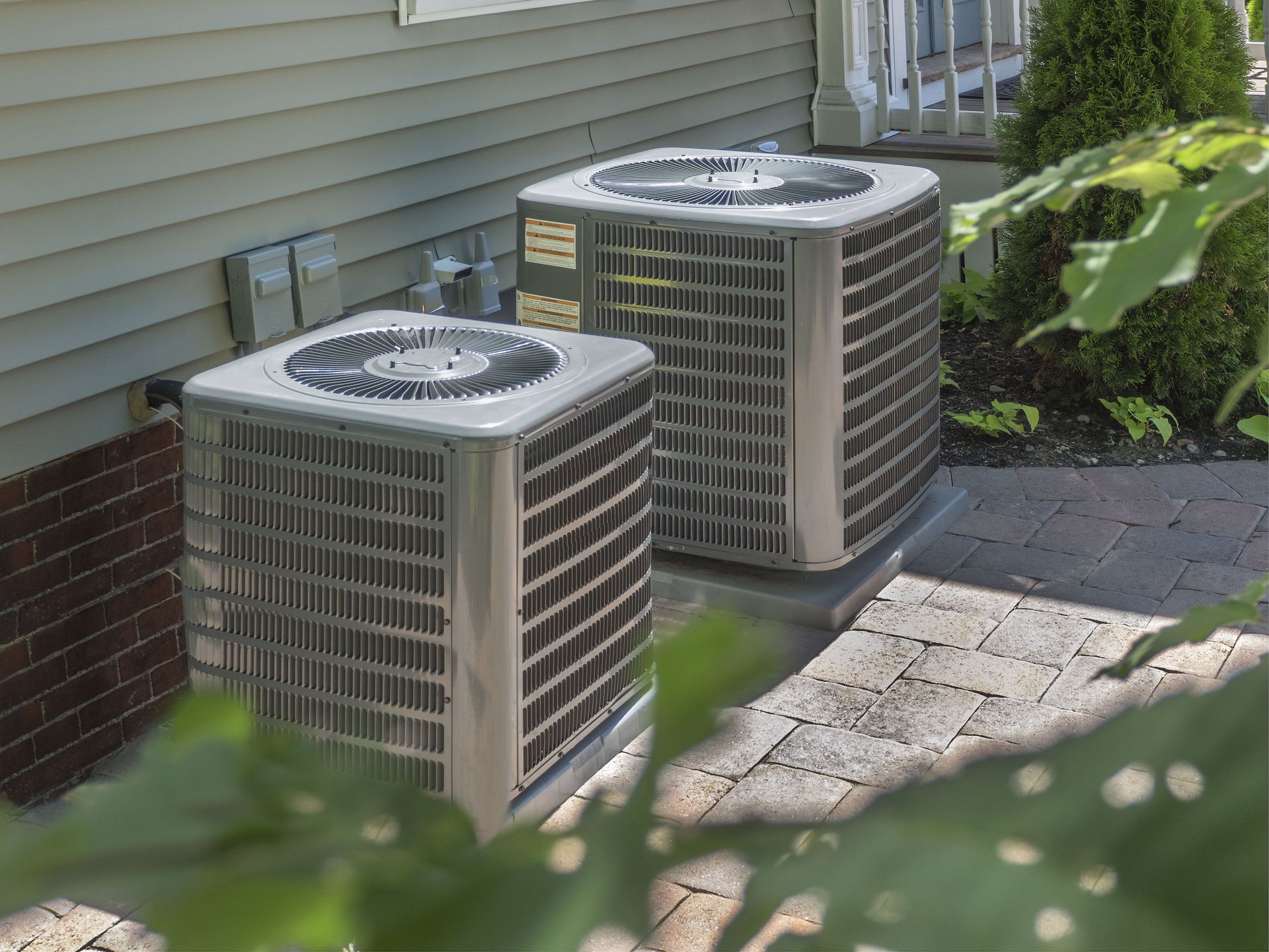
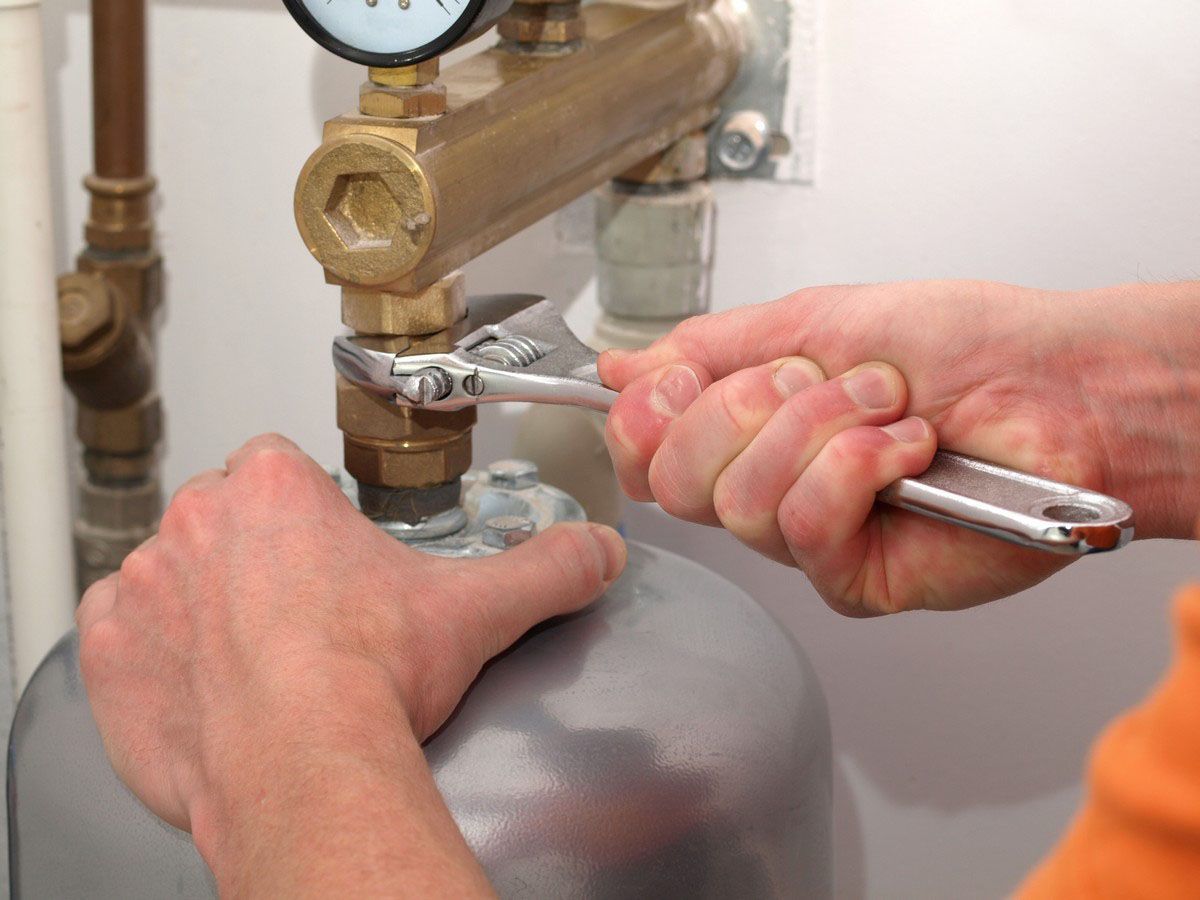
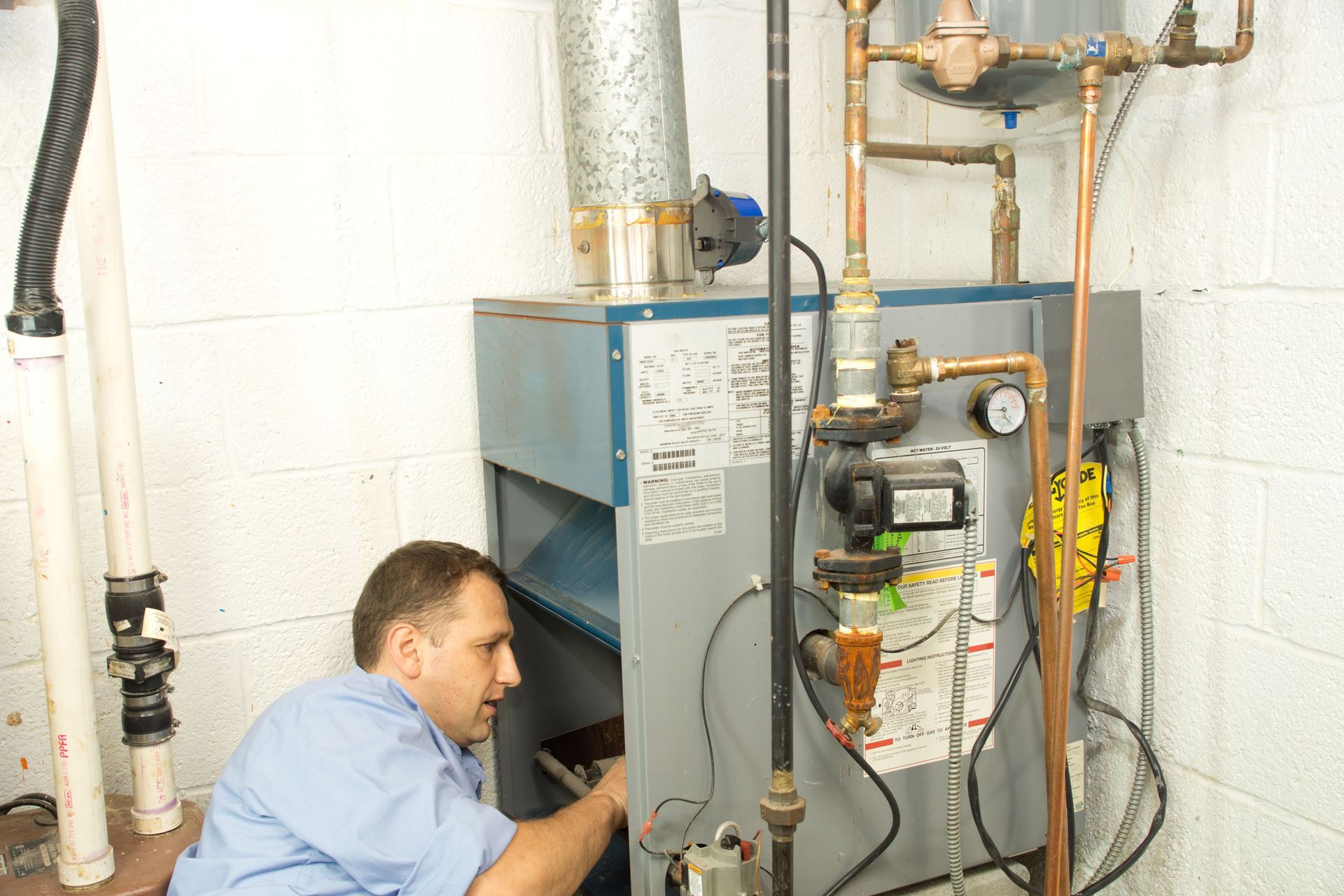
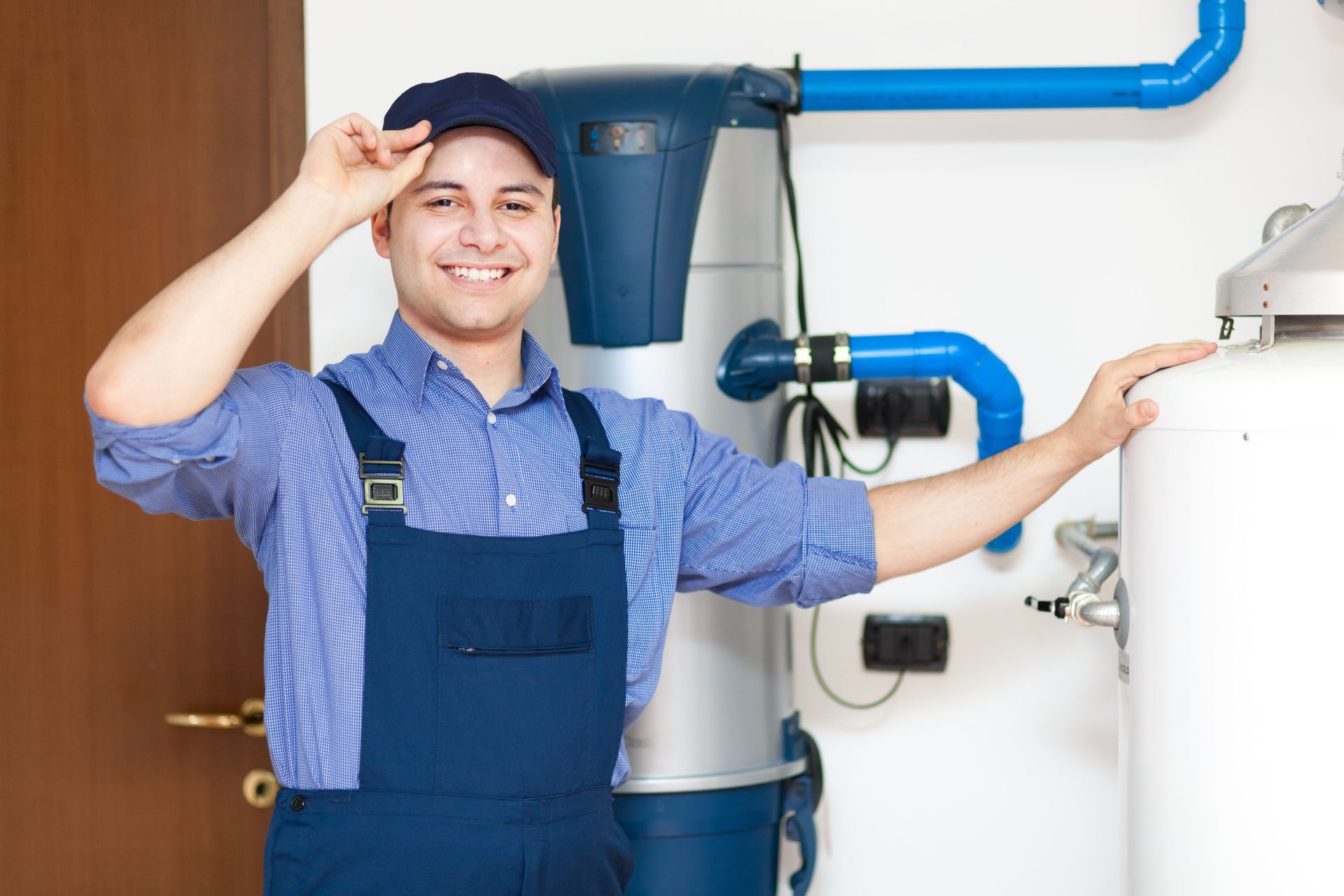
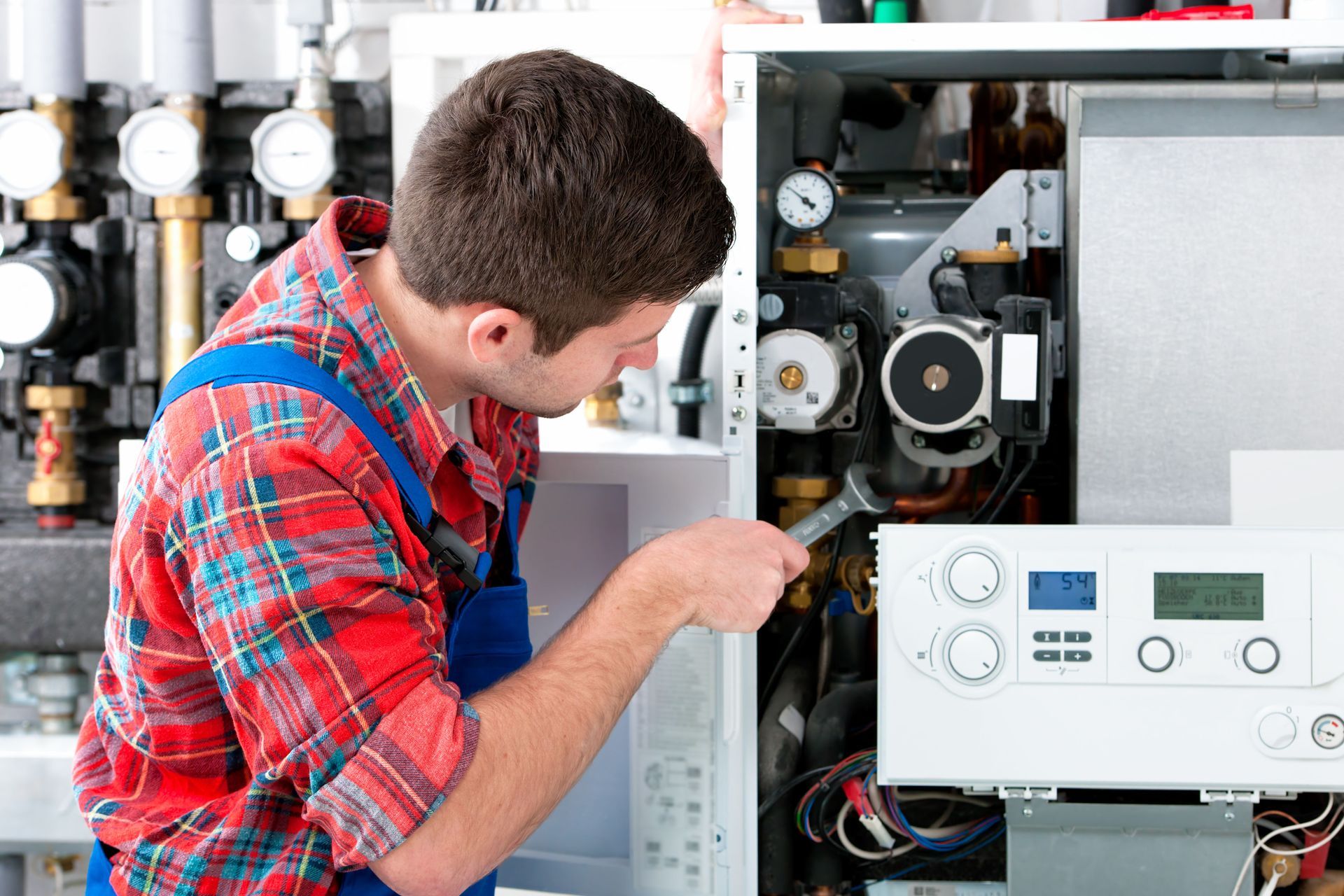
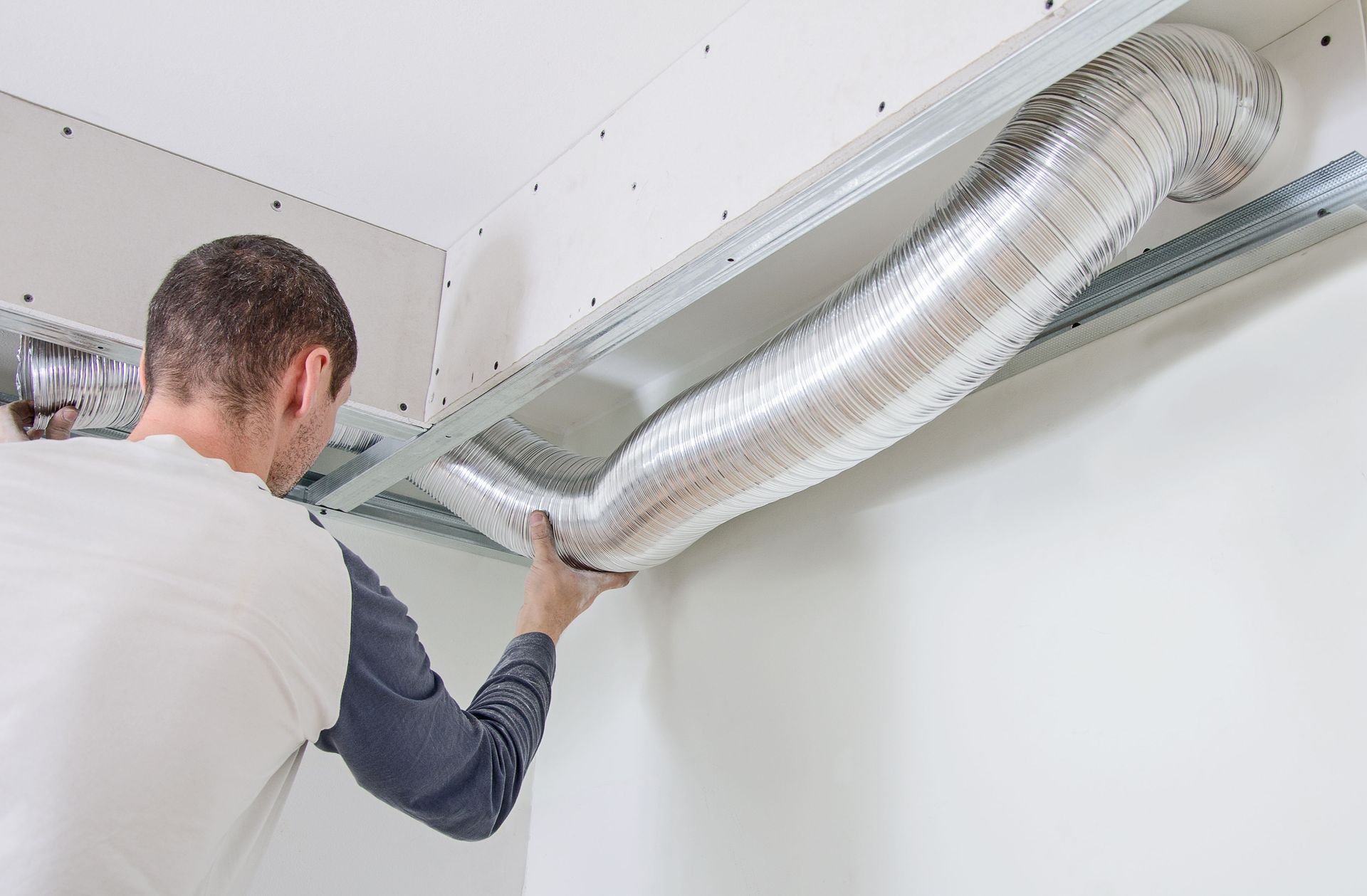
Share On: